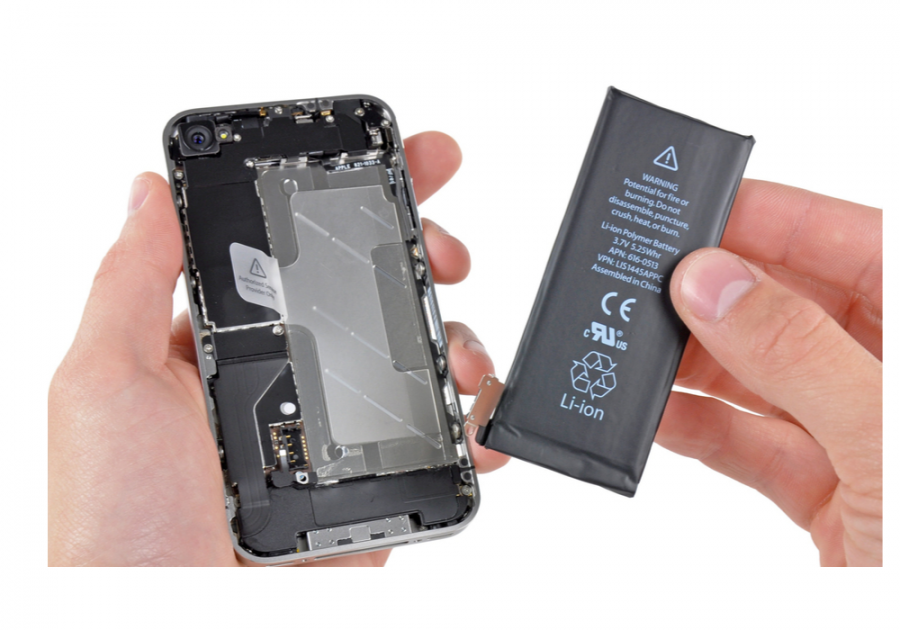Battery technology has come a long way since the days when nickel-cadmium was the dominant variant.
These days, lithium-ion batteries have carved a space for itself in all aspects of the society – be it inside electronic gadgets, space shuttles, cars or as means of storage for solar power grids.
Lithium-ion Batteries – what are they?
Lithium-ion batteries are the rechargeable variant of its counterpart lithium and related variants of batteries. Lithium-ion batteries, thanks to the addition of chemicals like lithium carbonate, are more stable and come with long operational lives.
What are the benefits of lithium-ion batteries?
Lithium-ion batteries are preferred over other variants of batteries due to its –
- High energy density
- High voltage capacity and
- Low self-discharge rate – especially when compared to other variants of rechargeable batteries.
On that note, there are plenty of other benefits of lithium-ion batteries.
They are as follows –
The overall maintenance required for lithium-ion batteries is pretty low
Lithium-ion batteries need low maintenance due to its unique chemistry and thanks to the addition of chemicals like lithium carbonate.
One wouldn’t need to conduct strict charging and discharging cycles in a bit to prolong the operational life of the battery. Furthermore, when compared to the popular alternatives like nickel-cadmium batteries, lithium-ion batteries are known for their negligible self-discharge rate.
Again, when one compares lithium-ion batteries with the ageing technology of flooded lead-acid batteries, there is no need to train people in a bid to ensure the battery packs are properly maintained as lithium-ion batteries don’t need to be topped up with distilled water – a scenario that is common for lead-acid batteries.
This battery type is known for its long operational life
Lithium-ion batteries come with a long operational life. To put that into perspective, the average operational lifespan of a lithium-ion battery is, give or take, eight (or more) years.
With long operational lives, lithium-ion battery packs return more to their owners especially when one compares the cost of initial purchase along with the cost of batteries that uses other battery chemistries.
Lithium-ion batteries also boast high energy densities and have the ability to bear tremendous loads thus making them similar in terms of behaviour to nickel-cadmium batteries.
Since lithium-ion batteries come with high cell voltage capacities, it has been possible these days to create battery packs that have a single cell powering an electronic device. For instance, smartphones these days come with a single cell lithium-ion battery pack. If nickel-cadmium battery packs were still in use today, then one would still need to design battery packs where 3*1.2-volt cells would need to be connected in series configuration – which is inefficient as heck!
There is no need to prime lithium-ion batteries before using
There are some variants of rechargeable batteries that need to be primed before they can be charged for the first time. This is not the case with lithium-ion batteries or battery packs as they come ‘ready-to-use’ from the manufacturers.
There are lots of variants available
With each passing year, plenty of advancements are being made in the field of lithium-ion battery technology. This is one of the many reasons why one can get their hands on several variants of lithium-ion batteries that are needed for a plethora of applications.
There are already various forms of lithium-ion batteries that provide high current densities that are needed for powering up consumer electronics. On top of this, there are even more powerful lithium-ion battery pack variants that can power tools as well as high performance vehicles.
It is fairly easy to charge lithium-ion batteries
Lithium-ion batteries are compatible with fast-charging adapters that allow users to power up their devices in no time. This ensures that the overall productivity of the device that a lithium-ion battery pack is powering will not go down.
Furthermore, often fast chargers tend to harm the battery pack but lithium-ion battery packs have built in mechanisms that keep this from happening.
The overall environmental impact of lithium-ion batteries is low
Lithium-ion battery packs are ideal sources of power and can be used as an efficient fossil fuel alternative thus proving its merit when it comes to reducing the impact on the environment.
What does the future hold for lithium-ion battery technology?
In the future, electric vehicles and solar power grids will replace existing infrastructure. This will significantly increase the demand for lithium-ion batteries and if the pace at which advancements are being made currently in this sector continues with the same momentum, the future for both manufacturers and users of lithium-ion battery packs is bright, to state the least.
Closing thoughts
It is best to keep in mind that lithium-ion batteries don’t fare well when they are subjected to high ambient temperatures. This is the reason why users should store electronic devices and standalone lithium-ion battery packs at places where the ambient temperature is contained within the 25 – 30 degree Celsius range. This will help in slowing down the ageing process of the battery pack(s) by many folds.

